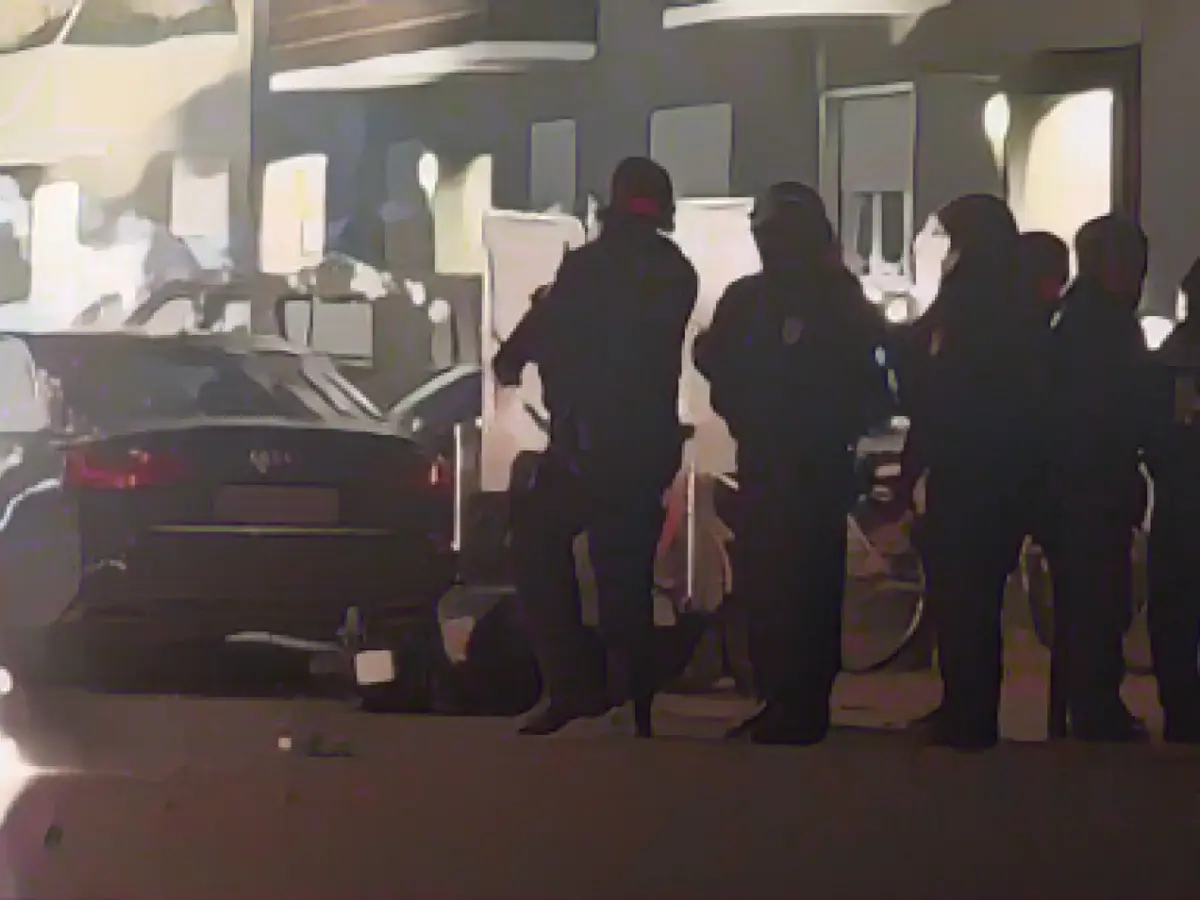New Year's Eve in Berlin: Police and Politics Gear Up for Potential Troubles
As the clock ticks down towards New Year's Eve, Berlin's politicians and law enforcement are sharpening their strategies to avoid a repeat of last year's unrest. Inside Senator Iris Spranger's (SPD) office, now cloaked in high-pressure preparatory mode, she'll brief fellow parliamentarians about the city's plans and safety measures. Unsurprisingly, more police officers will be deployed than usual, doubling last year's numbers, when over 1,300 officers patrolled the streets on New Year's Eve.
The city can't rely on external aid from other federal states, as their police forces will be needed in other cities as well. Nonetheless, units from the federal police are expected. Politicians and police anticipate similar instances of violence as in 2022, hence the beefed-up security. In areas like Neukölln and Gesundbrunnen, where communities with roots in Arab countries reside, war tensions in Israel and Gaza might fuel further inflammation.
Legally, a complete ban on fireworks throughout Berlin isn't feasible. Although authorities have long been planning to announce no-fireworks zones in certain areas for safety reasons, the state of Berlin's jurisdiction is limited by federal regulations.
Spranger, along with Governing Mayor Kai Wegner (CDU), finds themselves under substantial pressure to ensure the safety of Berlineans despite the looming threat. Wegner’s political career was partly propelled by his responses to last year's New Year's Eve chaos, and he is now determined to demonstrate that Berlin is better equipped to handle such situations.
Berlin's police and fire department are also in close collaboration, endeavoring to minimize risks. Should incidents of violence against firefighters recur, they will be protected by police officers in high-risk areas.
Neukölln, a district plagued by violence on previous New Year's Eve, is under consideration for fireworks bans as well. In 2021, areas like Sonnenallee embraced chaos, and there were reports of fireworks being hurled at the police in diverse locations, not only in Berlin but across Germany.
Learning from historical events, Berlin's police and fire departments work towards a harmonious and secure New Year's Eve by fostering cooperation and coordination. But the city's security forces can't disregard the potential threats that New Year's Eve typically presents, including heightened vulnerabilities and increased criminality in major cities.
Additional Insights
- Security measures for large-scale events generally include building security perimeters, deploying federal police, gathering intelligence, managing crowd behavior, and having emergency response plans and community engagement strategies.
- Under potential scenarios, police and fire departments might collaborate closely to escalate crisis management, alleviate tensions, and maintain order during public celebrations.
- Cultural events may reflect internal and external tensions, resulting in potential violence, particularly in multicultural cities. In such contexts, the police and fire department need to be vigilant and implement proper risk mitigation strategies.








